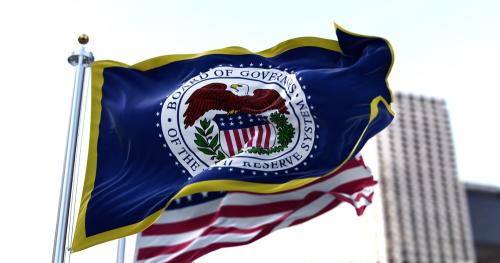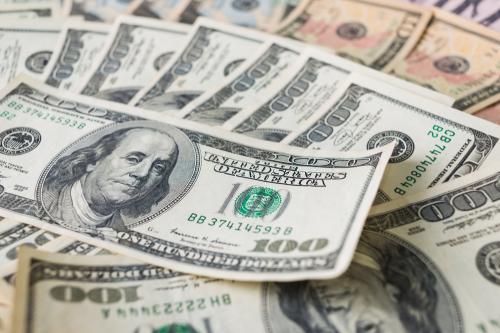THOUGH EUROPE CLOSELY RESEMBLES THE UNITED STATES in many ways, it is by no means its equal in the management of financial instruments. U.S. stock, bond, and derivative markets are by far the biggest, most liquid, most flexible, and most complex in the world. European bourses, by contrast—with the partial exception of Britain—have been small, segmented, and illiquid. Even taken together, they are only two-thirds the size of the U.S. stock market. Current German stock market capitalization is only 38 percent of GDP, by contrast to 138 percent in the United States and 163 percent in Britain.While half of British private-sector financial assets were in equities in 1996, only 20 percent of private funds were similarly placed in more conservative Germany, France, and Italy.
As European Monetary Union introduces a continent-wide financial market in Europe, along with a corresponding altered investment mentality, all that will soon change. EMU, as the final step in establishing Europe’s single market, is already acting as a catalyst in Europe’s boardrooms and chancelleries.Within a decade—barring some euro catastrophe —Europe should become the second financial superpower, in accord with its wealth. Europe’s 30-plus segmented stock exchanges are beginning to merge and expand their scope. Even before British accession to EMU, the large London and small Frankfurt exchanges have begun an “alliance” that will allow shares to be traded at both locales, and the French, Italian, and Spanish bourses are waiting to join in.



Commentary
A New Financial Superpower?: Effects of Economic Union in Europe
June 1, 1999